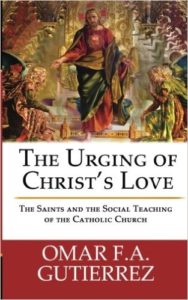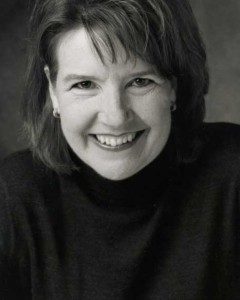Podcast: Play in new window | Download (Duration: 58:20 — 40.1MB) | Embed
Subscribe: Apple Podcasts | Spotify | Amazon Music | Android | Pandora | iHeartRadio | JioSaavn | Podchaser | Gaana | Podcast Index | Email | TuneIn | Deezer | Anghami | RSS | More

Conference 4 -Living with Hope – Overcoming Spiritual Discouragement with Fr. Timothy Gallagher
Conference talk 4 from the Discerning Hearts Seminar/Retreat held online in late spring 2020 with Fr. Timothy Gallagher
Personal Spiritual Directory: If I should fall even a thousand times, I will not lose courage, I will not be troubled, but I will always say immediately with peace, Nunc coepi [Now I begin]. My God, I have acted in accord with what I am, what else could you have expected from me, nor would I have stopped here had you not held me back; act now in accordance with what you are, I do not desire to think so poorly of you, that I could think that you allow yourself to be conquered by my faults, when I know that you hold my conversion and salvation so deeply in your heart.
For a lay woman: “If I should fall a thousand times a day, a thousand times a day I will begin again, with new awareness of my weakness, promising God, with a peaceful heart, to amend my life. I will never think of God as if he were of our condition and grows weary of our wavering, weakness, and negligence. Rather, I will think of what is truly characteristic of him and what he prizes most highly, that is, his goodness and mercy, knowing that he is a loving Father who understands our weakness, is patient with us, and forgives us.”
Letters of Spiritual Direction: “Keep constantly before you these two proposals that I urge you to renew often and with a holy persistence: first, never to offend God knowingly, and, second, if you should fall, never to persevere in this with your will, but, with humility and courage, to rise immediately and begin again, firmly convinced that God forgives you in the instant itself that with humility and trust you ask his forgiveness.”
“It is very important that we understand deeply how good God is, and not measure him by our own limitations or think that he tires of our wavering, weakness, and negligence. Our God is not such. Let us think of him as he truly is, filled with goodness, mercy, and compassion, and let us know him as the loving Father he is, who raises us when we have fallen, who never tires of forgiving us, and to whom we give great joy and honor when we seek forgiveness.”
“Say then with boldness, “Now I begin,” and go forward constantly in God’s service. Do not look back so often, because one who looks back cannot run. And do not be content to begin only for this year. Begin every day, because it is for every day, even for every hour of the day, that the Lord taught us to say in the Our Father, ‘Forgive us our trespasses,’ and ‘Give us this day our daily bread.’”
“Be on guard against discouragement and lack of trust. Strive to do well all that you do, but do this with respect for your humanity, without striving for an impossible perfection, focusing simply on the day at hand. Remember that ‘The just man falls seven times a day,’ and so you will find blessing in beginning not only every day, but every hour.”
“Holiness does not consist in never failing, but in rising immediately, recognizing our weakness and asking God’s forgiveness, and in doing this with peace of heart, without letting ourselves be troubled.”
Counsels to a married woman: I will never give in to discouragement, no matter what fault I fall into. Convinced that I will fall often, I will immediately ask forgiveness of God and will always try to correct myself. If I fall one thousand times a day, one thousand times I will-begin again. I will recognize my misery, but with equal peace of spirit I will promise God to amend my life.
I will take care not to think of the Divine Majesty as if he were of our condition, that is, that he were weary of so much instability, weakness, and forgetfulness, punishing me, therefore, by removing the help and graces I need…. We do a great wrong to God when we measure him by our own limits. I will always attribute to him that which is proper to him, that which is most precious to him, that is, to be filled with goodness, merciful and compassionate, to be a loving Father who knows our weakness, bears with us and forgives us.
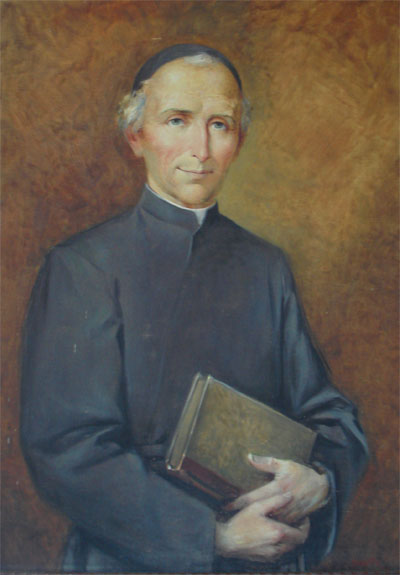
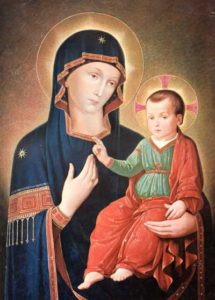
Visit the “Begin Again: The Spiritual Legacy of the Venerable Bruno Lanteri with Fr. Timothy Gallagher Discerning Hearts podcast” for more episodes of this series
Father Timothy M. Gallagher, O.M.V., was ordained in 1979 as a member of the Oblates of the Virgin Mary, a religious community dedicated to retreats and spiritual formation according to the Spiritual Exercises of St. Ignatius. Fr. Gallagher is featured on the EWTN series “Living the Discerning Life: The Spiritual Teachings of St. Ignatius of Loyola”.
For books on the life and teachings of Ven. Bruno Lanteri:
For the other episodes in this series check out
Fr. Timothy Gallagher’s “Discerning Hearts” page
Please visit the site dedicated to Ven. Bruno Lanteri for more information and prayer requests
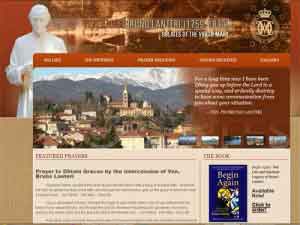
Prayer to Obtain Graces by the intercession of Ven. Bruno Lanteri
Heavenly Father, you filled the heart of your servant Bruno with a living and active faith. Grant that our lives be guided by that same faith, and, through his intercession, give us the grace of which we have so great need… Our Father. Hail Mary. Glory Be.
Jesus, uncreated Wisdom, through the hope in your merits and in your Cross, infused into the heart of your servant Bruno, and through the zeal he showed in teaching your goodness and mercy, grant us the same ardor and the grace for which we fervently ask… Our Father. Hail Mary. Glory Be.
Holy Spirit, fount of charity, through the love for God and neighbor that you enkindled in the heart of your servant Bruno, grant also to us that, living far from sin, in charity and justice, we may be worthy of the grace we humbly seek and gain the joy of heaven… Our Father. Hail Mary. Glory Be.
And you, Virgin Mother of God and our Mother, obtain from the Lord the beatification of your servant Bruno, who all his life loved you as a loyal son and zealously sought to lead others to you, and obtain for us through his intercession the grace that with great trust we ask of you… Our Father. Hail Mary. Glory Be.

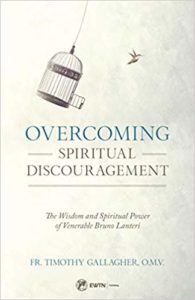
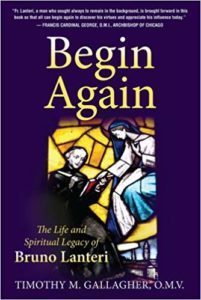
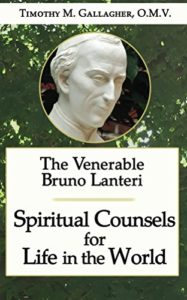



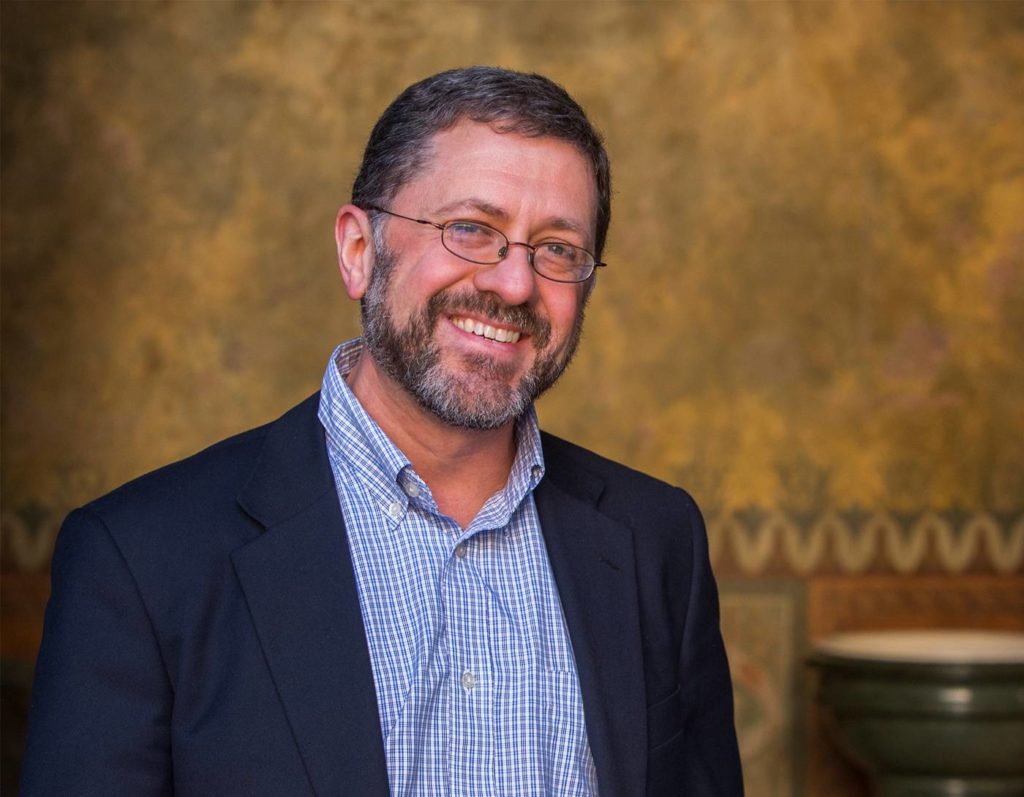 Episode 8 – Celsus – “Villains of the Early Church: And How They Made Us Better Christians“
Episode 8 – Celsus – “Villains of the Early Church: And How They Made Us Better Christians“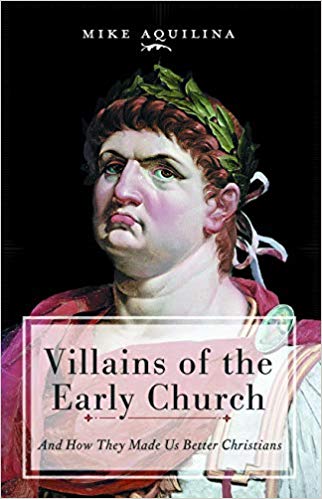
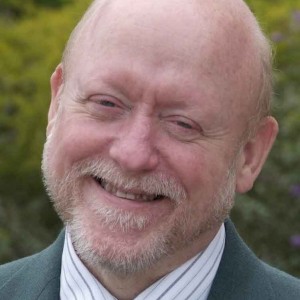
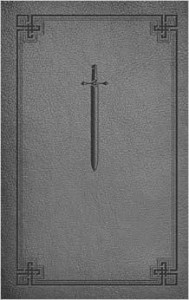
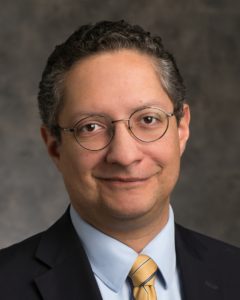 Episode 39- Regnum Novum: Bringing forth the New Evangelization through Catholic Social Teaching with Omar Gutierrez – We continue the study of the “
Episode 39- Regnum Novum: Bringing forth the New Evangelization through Catholic Social Teaching with Omar Gutierrez – We continue the study of the “